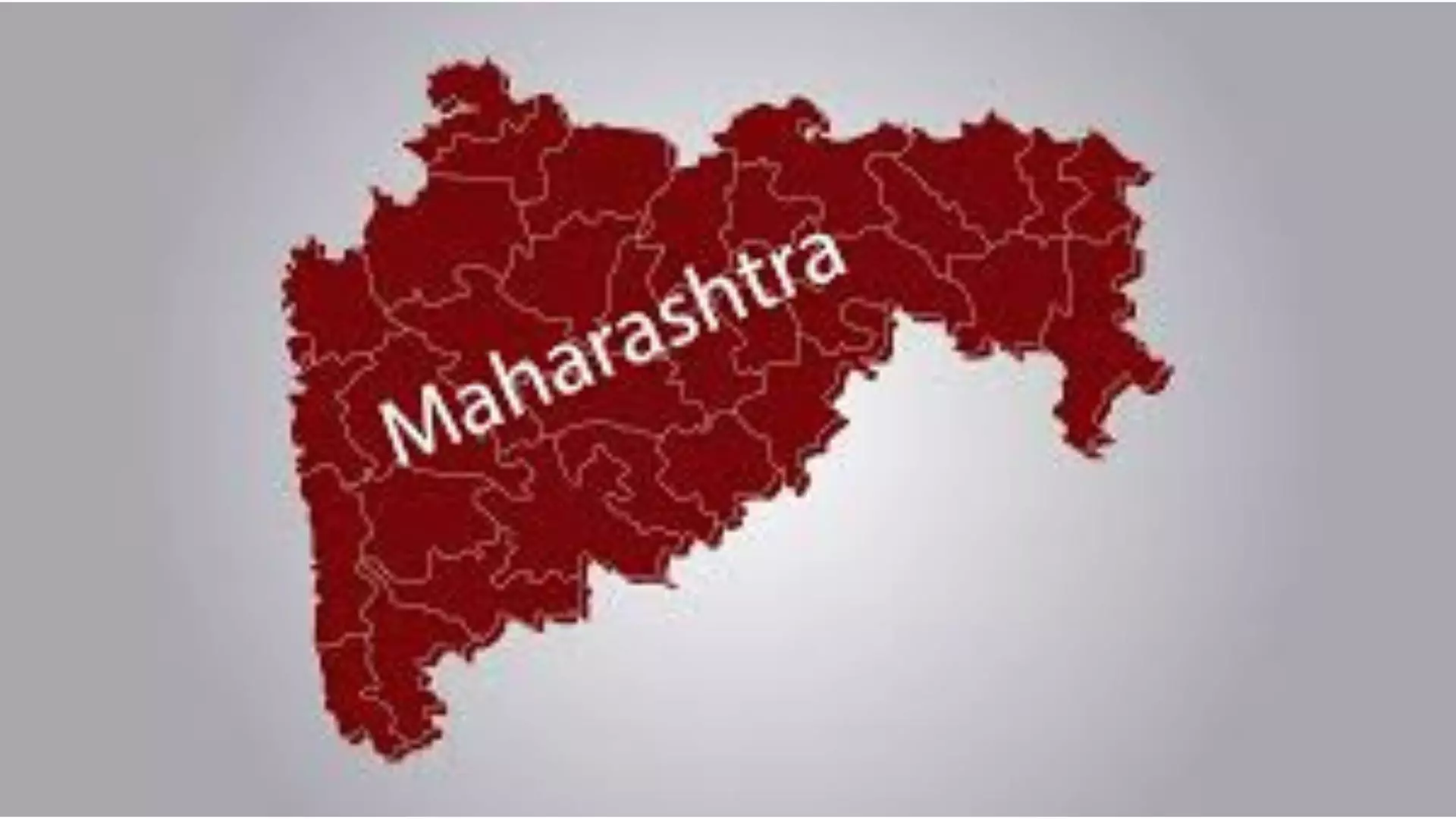Dilip Cherian | Top cop paying price of exposing BJP corruption in Maharashtra
The scheme, centred on the Jalgaon-based Bhaichand Hirachand Raisoni Credit Society, supposedly unravelled under her scrutiny between 2020 and 2022

In the thick of Maharashtra’s Assembly elections, a brewing storm has highlighted the uncomfortable relationship between policing enforcement and politics. IPS officer Bhagyashri Navatake’s recent allegations against Maharashtra Cabinet minister and BJP leader Girish Mahajan have turned heads, particularly as she claims Mr Mahajan used “coercion and threats” to block her probe into a colossal Rs 1,200 crore scam. The scheme, centred on the Jalgaon-based Bhaichand Hirachand Raisoni Credit Society, supposedly unravelled under her scrutiny between 2020 and 2022. Yet, as she pushes her case to the Bombay high court, her allegations have also put her in the line of fire, with the Central Bureau of Investigation (CBI) now investigating her for forgery and conspiracy in connection with the same case.
What’s startling isn’t just the scale of alleged corruption, but how quickly the tables have turned on Ms Navatake. In her role as Pune DCP (Economic Offences Wing), she reportedly managed to claw back nearly Rs 100 crore of depositors’ funds. But, according to her, every attempt at real progress met the immovable wall of “political interference”. Her petition names both Mr Mahajan and a businessman as key beneficiaries of the fraudulent liquidation of the credit society — allegations the minister has predictably denied — insisting that neither he nor his wife had any financial stake in the matter.
This isn’t the first time we've seen bureaucrats entangled in political crossfire. Cops, ostensibly independent, are expected to toe the line when high-ranking political figures are involved. In her petition, Ms Navatake claims she was “targeted and scapegoated” for attempting to expose the truth — an all-too-common experience for civil servants who challenge the interests of influential figures. The CBI’s move to file charges against her raises a cynical question: Is this a legitimate investigation or a thinly veiled reprisal?
Bowing to power? A civil service dilemma
A recent video of IAS officer Tina Dabi bowing repeatedly to BJP leader Satish Poonia has gone viral, sparking a lively debate over the power dynamics between politicians and civil servants. Ms Dabi, a former UPSC topper and now district collector of Barmer, Rajasthan, greeted Poonia with multiple bows — a gesture praised by some as respectful and criticised by others as overly deferential.
This scene raises questions about the balance between respect and independence in India’s bureaucracy. Civil servants, ideally impartial, often find themselves navigating unspoken expectations to “cooperate” with political leaders who have significant sway over their careers. A 2022 study noted how political influence increasingly shapes bureaucrats’ transfers, promotions, and overall progression, making respectful gestures more complex than they might appear. To some, Ms Dabi’s bows are seen as a form of professional pragmatism, a signal that navigating political sensitivities is part of survival in today’s civil service.
The Indian Administrative Service (IAS) was designed to be a neutral, independent institution — a buffer against political agendas. However, high-ranking officials often face subtle pressures to demonstrate loyalty, especially when their careers rest on favorable relationships with influential leaders. In Ms Dabi’s case, what appears as a mere greeting also touches on the reality that, for many bureaucrats, managing political egos is essential to maintain stability in their roles.
As social media reacts to this gesture, it underscores a larger issue: the ideal of neutrality in civil service is increasingly under strain in a political environment where public displays of respect can make or break a career. Ms Dabi’s video is a reminder that for babus, balancing duty and diplomacy often becomes an essential — and very public — part of the job.
One babu, two jobs: A mix-up in double time
In yet another comedy of errors that often defines babudom, the Centre and the Kerala government somehow appointed the same officer, Pranabjyoti Nath (IAS: 2005: KL), to two completely different positions on the same day. While the Kerala government appointed him as chief electoral officer (CEO), the Centre decided Mr Nath was better suited as chief vigilance officer (CVO) of Nalco. Unfazed by the double-duty drama, Mr Nath assumed office as Kerala’s CEO on Saturday — presumably because he had to pick one.
This isn’t just a case of crossed wires; it’s more like a full-on signal failure. The CEO post in Kerala had been vacant since August 5, 2024, when Sanjay M. Kaul (IAS: 2001: KL) left for central deputation. With by-elections coming up in Wayanad and Chelakkara, the Election Commission selected Mr Nath for the CEO role, and Kerala quickly issued its order on Friday. Within hours, however, the department of personnel and training (DoPT) swooped in with its own order, assigning Mr Nath to Nalco — barely giving time for Kerala’s announcement to settle.
To make things even more baffling, sources reveal that Kerala had actually cleared Mr Nath for central deputation before proposing him as CEO. Now, to save face, the DoPT is generously allowing Mr Nath to join as CVO after the elections — because, of course, “administrative exigency” demands flexibility.
This mix-up is a delightful example of the left hand not knowing what the right hand is doing. One would think that in today’s hyper-connected world, coordinating a single officer’s posting wouldn’t be this complicated. But then again, it wouldn’t be bureaucracy if it made too much sense, would it?

